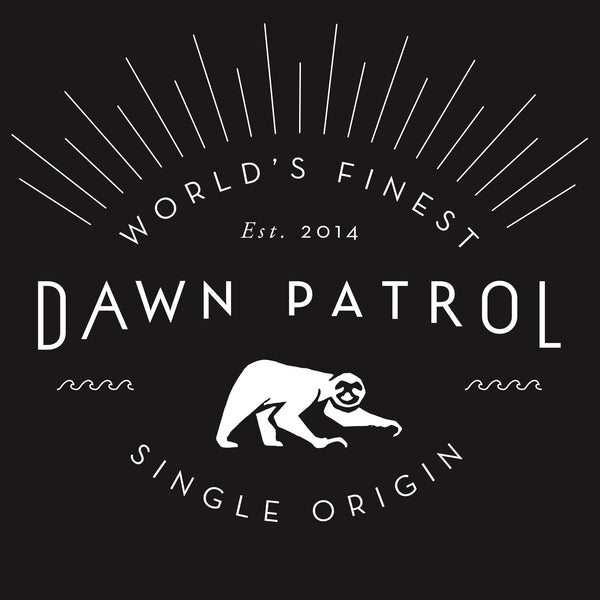Dawn Patrol Coffee
Burundi - Kirasa Washing Station
Burundi - Kirasa Washing Station
Regular price
$19.00 AUD
Regular price
Sale price
$19.00 AUD
Unit price
per
Tax included.
Couldn't load pickup availability
Tasting Notes: Red Apple, Rhubarb & Jammy
Country: Burundi
Altitude: 1100 MASL
Region: Muhuta, Rumonge
Process: Dry Fermentation
Variety: Red Bourbon
Originally a government-run mill established in 1992, Kirasa washing station was acquired by Succam Exports in 2012 to enhance the production of high-quality washed coffee. Located amidst stunning hills and adjacent to the Kirasa River, the area is characterized by intercropped plots of coffee and banana trees, providing shade and sustenance for farmers' families. Under the management of Emile Ndikumasabo and agronomist Anne-Marie, innovative practices like natural fertilizer production from discarded coffee pulp have been implemented. This fertilizer nurtures coffee seedlings distributed to farmers for garden renovation. While traditionally only producing washed coffee, this year, Kirasa introduced natural processing, emphasizing meticulous sorting and drying to achieve a clean and remarkably sweet cup profile. Kirasa is part of the Akawa project, a collaboration between SUCCAM and Supremo aimed at uplifting producers out of poverty through sustainable practices and equitable remuneration, adhering to UTZ certification standards.




